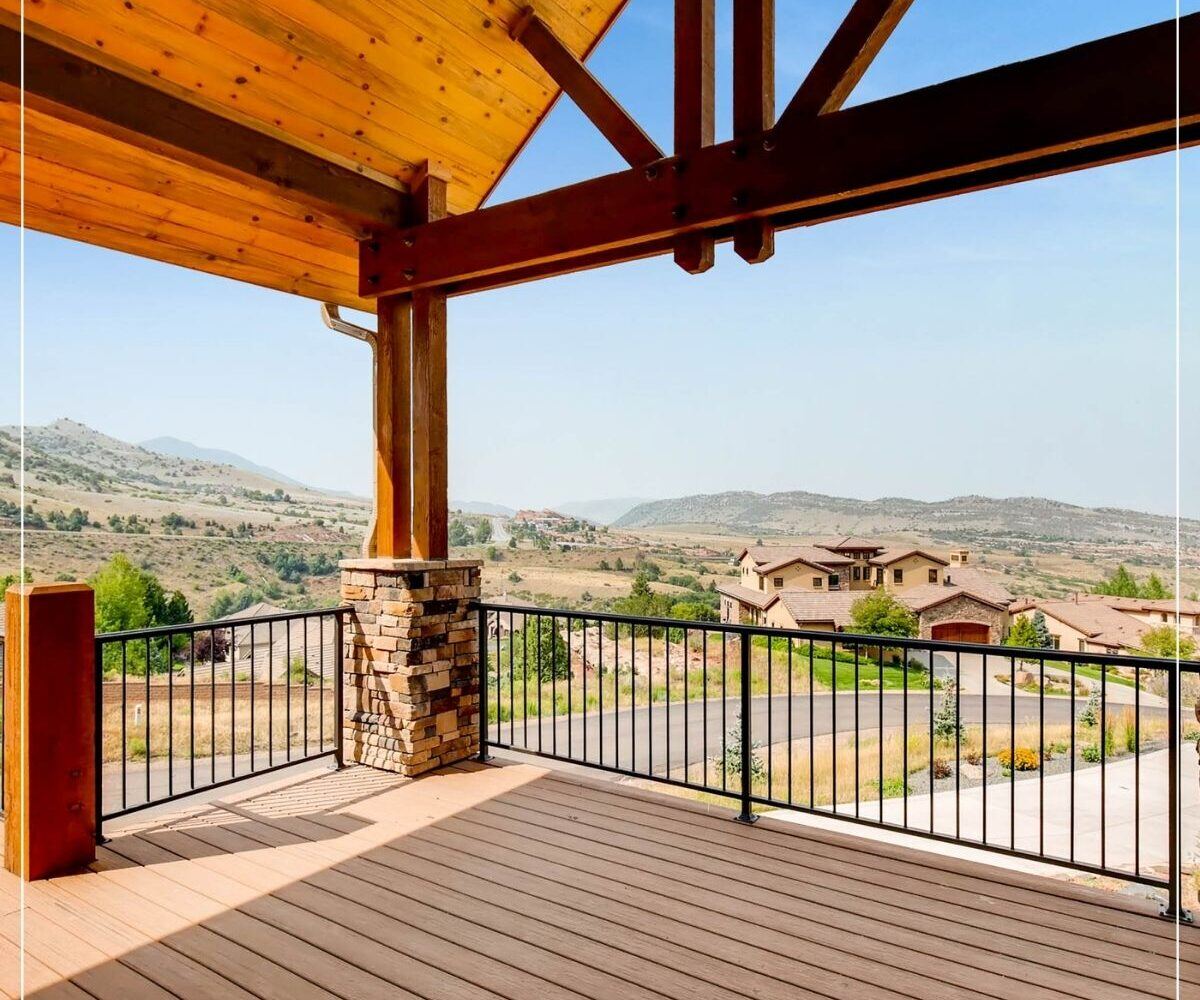Top Questions to Ask a Mortgage Lender

Before you can invite friends over to enjoy a drink on your new back deck and watch the sunset, you likely have to go through the tedious and sometimes formidable process of locking in a mortgage loan. What is the difference between a mortgage for an existing home and a new-home construction loan? We’ve got tips to make the process if not entirely painless, at least a bit more straightforward.
The mortgage for an existing home is fairly straightforward, partly because the home is built and can serve as security for the loan. However, the lending process to finance new construction proves a bit more complicated, as construction loans cover the costs of materials, labor, and related expenses—not the anticipated value of the home once it has been built. You also have options when it comes to construction loans:
- Construction-only loan: a short-term loan (12 months or less) to fund home construction. Once the house is built, the loan is paid in full or refinanced into a mortgage.
- Construction-to-permanent loan: a construction loan that converts into a mortgage once the home is built.
Before applying for any loan or mortgage, review options with a knowledgeable mortgage advisor. To determine a ballpark amount for which you could be approved, you’ll need to supply an overview of your finances, including employment and income history, as well as a current list of debts, assets, credit, and other relevant details.
What will my payments be?
For purchases of pre-existing homes or newly-built homes, most lenders require a 20% down payment unless you qualify for a special program. You’ll start making monthly mortgage payments approximately one month after closing.
Mortgages with as little as 3% down are available for qualified buyers. First-time buyers and military personnel may qualify for assistance with down-payment and interest rates.
For construction loans, you do not have to make any payments during construction because the loan is still in process.
What will my interest rate be?
The interest rate and APR (annual percentage rate) depend on several factors, including your credit status, discount points, fees, length of the loan, and whether fixed or adjustable. The difference between interest rate and APR is that the APR includes embedded loan fees.
If likely to move within several years, you probably want the lowest possible APR. If not planning to move for decades, a higher APR can be good if it’s the result of buying discount points to lower your interest rate and pay less over the life of the loan.
Is it harder to get financing for a custom home?
Construction loans can be harder to obtain because they are based on something that hasn’t been built yet. However, there is no major difference between mortgages on existing homes, whether newly-built or otherwise.
What are my estimated costs for this loan?
Within three business days of receiving your application, the lender must provide a standardized form known as a Loan Estimate. The estimate summarizes the proposed loan, including principal, interest, and estimated fees and closing costs.
Who pays the closing costs for a new construction home?
Closing costs on a new construction home are negotiable, the same as for a pre-existing home. Standard practice is for the buyer to cover closing costs, but sometimes the seller (or builder) agrees to absorb some or all closing costs to complete the sale. The builder may also offer cash back or other promotional rebates that can be applied to closing costs.
Are closing costs higher for new construction homes?
Most of the time, the answer is yes, because of the owner’s title policy cost. Although the seller normally pays this cost for a pre-existing home, the buyer pays it for new-construction homes because there is no previous owner.
Count on Our Experience
Our home-building expertise and experience in helping homeowners obtain necessary financing for their custom or semi-custom home help set Sheffield Homes apart. We proudly serve clients in northern Colorado and the Denver metro area. Give us a call for more information.
/Sheffield_Logo_Horizontal_Reversed.png)


